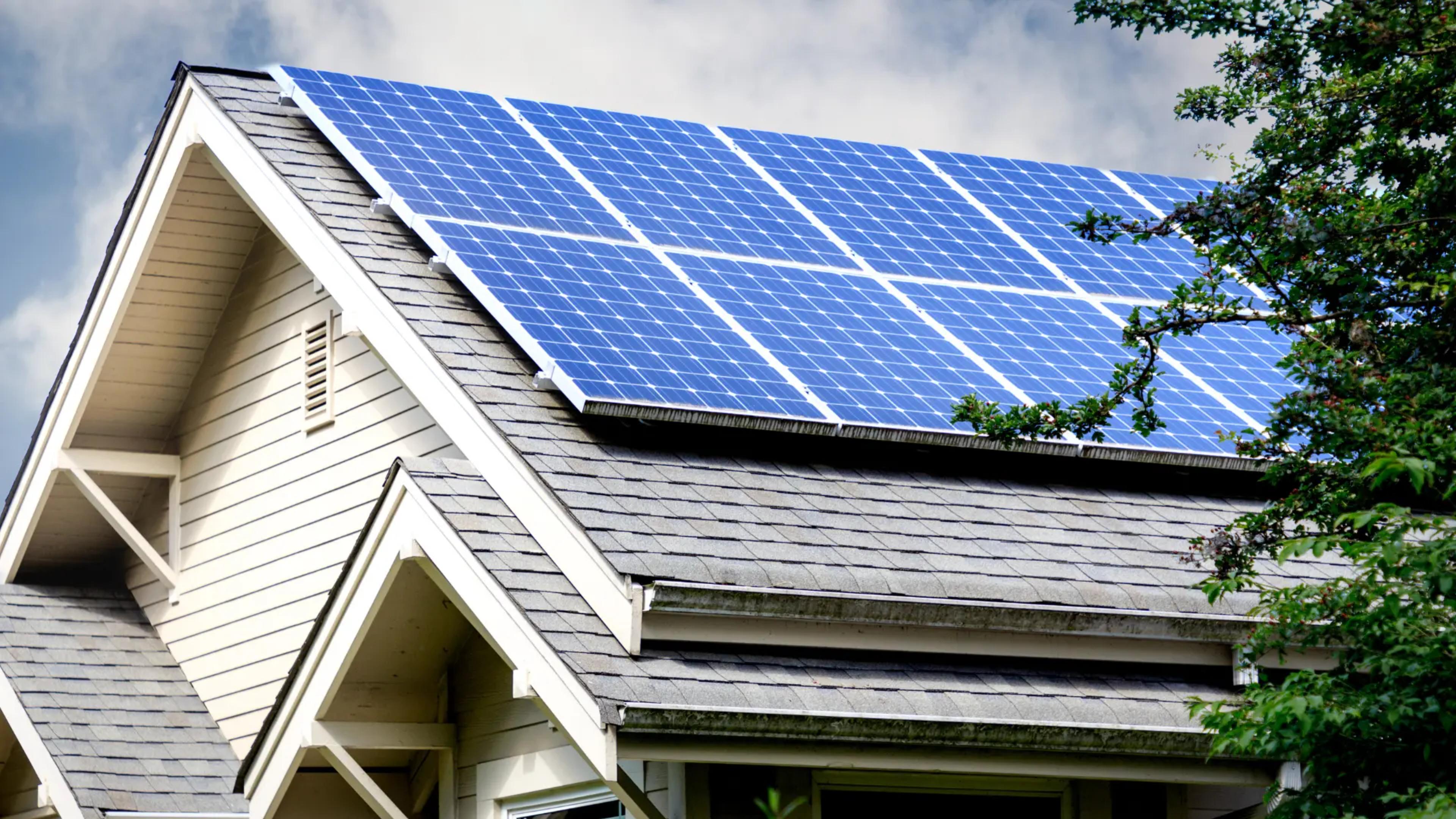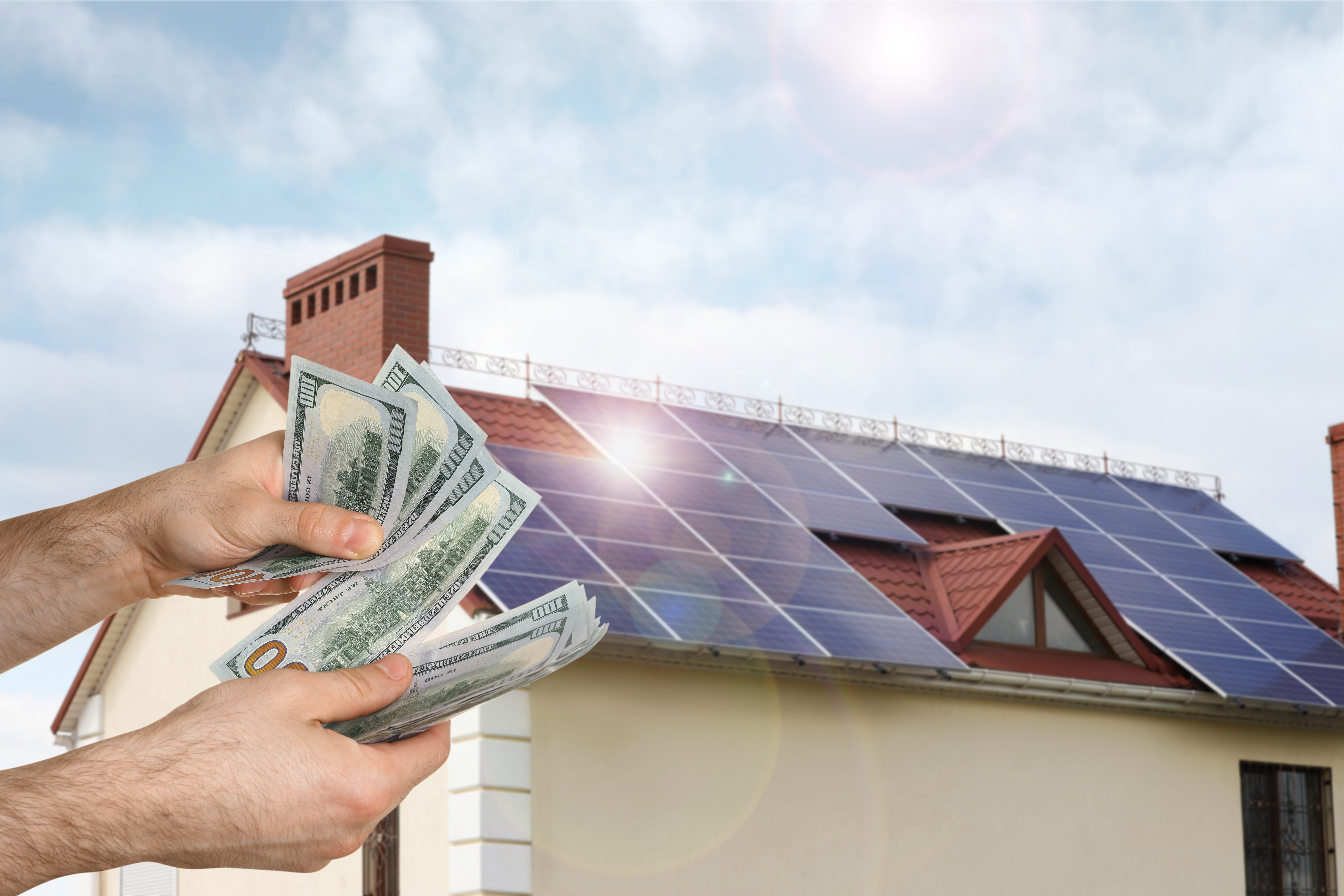Simply Solar Illinois – High-Quality Solar Panels for Any Energy Needs
How Solar Energy Can Aid You Conserve Money and Decrease Your Carbon Footprint
The integration of solar power into your power profile presents a compelling chance for both financial cost savings and ecological stewardship. As numerous government incentives come to be available, the concern arises: just how can one properly browse the preliminary investments and continuous advantages of solar innovation to make best use of both financial and environmental gains?
Recognizing Solar Energy Savings
While the change to solar energy often involves a preliminary financial investment, comprehending solar energy cost savings is essential for home owners and businesses alike. Solar energy systems can dramatically minimize electrical energy costs by taking advantage of the sun's power, translating into considerable long-lasting monetary advantages. By producing their very own electrical power, individuals reduce dependence on grid power, which is subject to changing costs. These savings can gather over time, usually causing a fast roi.
Moreover, solar energy systems might certify for numerous financial rewards, including tax credit scores and rebates, additionally enhancing their cost-effectiveness. The accessibility of internet metering allows customers to offer excess power back to the grid, producing an additional income stream. These factors add to the total financial savings linked with solar energy.

In enhancement to route financial cost savings, solar power provides the added advantage of raising building worth. Homes geared up with photovoltaic panels are usually more appealing to customers, as they guarantee lower energy costs - Simply Solar Illinois. Comprehending these aspects is crucial for anybody thinking about solar power, as it highlights not just the possible financial gains, yet also the more comprehensive ecological and economic benefits of taking on eco-friendly energy options
First Expenses vs. Long-Term Conveniences
When assessing solar power, it is essential to evaluate the initial costs against the long-lasting benefits. The upfront investment for solar panels, setup, and relevant tools can be substantial, often varying from $15,000 to $30,000, relying on the system dimension and home energy demands. This first expenditure may prevent some property owners; nonetheless, it is crucial to consider the prospective cost savings gradually.
As soon as set up, solar energy systems can dramatically lower or perhaps remove monthly electrical energy expenses, resulting in considerable long-term economic advantages. Studies show that property owners can save anywhere from $10,000 to $30,000 over the life-span of their solar system, commonly 25 years. Furthermore, lots of states provide incentives, tax credit scores, and discounts that can counter initial expenses, making solar much more easily accessible.

Lowering Your Carbon Footprint
Minimizing your carbon impact is an essential consideration in today's environmentally mindful culture, and taking on solar energy is just one of the most reliable methods to attain this goal. Solar power is a tidy, renewable energy that dramatically diminishes dependence on fossil gas, which are significant factors to greenhouse gas exhausts.

Furthermore, the prevalent adoption of solar technology encourages the growth of green work and sustains innovations in energy storage and performance. The more people and organizations invest in solar power, the higher the collective decrease in carbon discharges, promoting a cleaner ambience for future generations.
Government Incentives and Refunds
Taking on solar power not only profits the setting however can additionally result in substantial monetary cost savings, specifically with the schedule of federal government rewards and rebates. Various federal, state, and regional programs are made to urge home owners and companies to spend in solar power systems, making the shift more affordable.
One of the most famous rewards is the Federal Financial Investment Tax Obligation Credit sites (ITC), which enables planetary system owners to deduct a significant portion of the installment expenses from their government tax obligations. This reward has actually been essential in decreasing the in advance expenses connected with solar energy systems. In addition, lots of states use their own tax obligation credit scores, gives, and rebates that can further improve cost savings.
Furthermore, some city governments provide real estate tax exceptions for solar installations, making sure that property owners do not deal with raised residential property tax obligations as an outcome of their renewable resource financial investments. Utility companies might likewise use see rewards, including internet metering and feed-in tariffs, which enable solar power individuals to offer excess power back to the grid.
Selecting the Right Planetary System
Selecting the suitable planetary system is essential for taking full advantage of energy efficiency and monetary benefits. The decision pivots on numerous variables, consisting of energy needs, spending plan, and available room. Homeowners must begin by analyzing their electrical energy consumption to identify the system size required for optimal performance.
Following, consider the different sorts of solar modern technologies readily available. Simply Solar Illinois. Photovoltaic (PV) panels are the most typical, transforming sunlight straight into electrical energy, while solar thermal systems concentrate on heating water. Each type has distinct benefits depending upon specific demands
Spending plan factors to consider are likewise paramount. Initial installment prices can differ significantly, so it's important to compare quotes from multiple suppliers and explore financing alternatives. Government rewards and refunds can further lower the economic burden, making planetary systems much more available.
Verdict
In recap, solar energy provides a sensible service for achieving significant price savings while simultaneously minimizing carbon exhausts. The preliminary investment, though substantial, returns significant long-term economic benefits, with possible savings varying from $10,000 to $30,000 over 25 years. Moreover, the ecological benefits of solar energy add to lasting techniques critical for combating climate adjustment. Federal government motivations boost the feasibility of solar innovation adoption, motivating a transition towards a cleaner, a lot more economically effective power source.